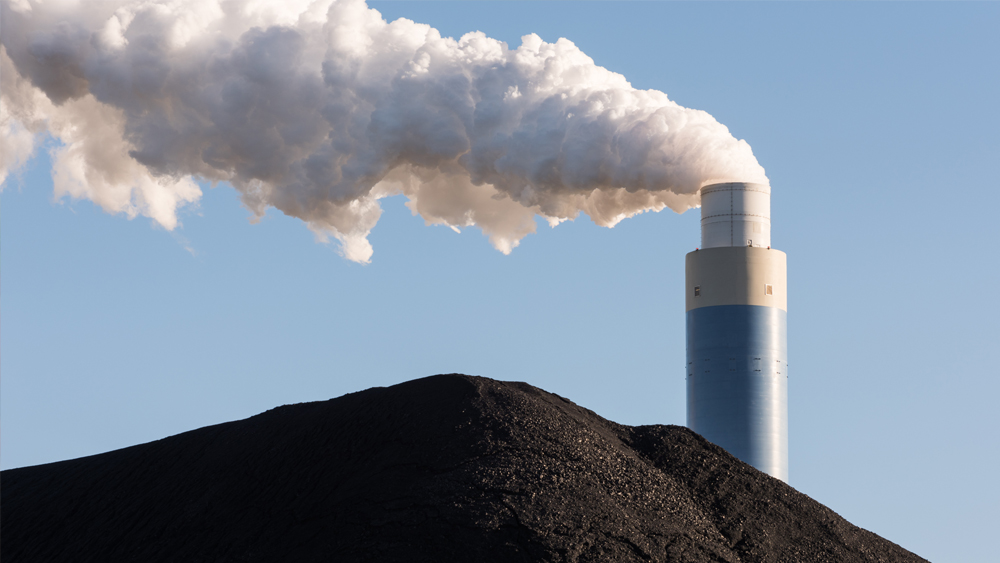- An Alliance For Community Action
- (970) 256-7650
- info@WesternColoradoAlliance.org
Solving coal debt offers a path forward
As American energy innovation marches forward, advanced energy technologies like wind and solar are plummeting in cost, rendering legacy industries like coal uneconomic and uncompetitive. Communities across Colorado are making the shift to clean energy contracts and saving millions.
Holy Cross Energy of the Roaring Fork Valley has already saved $16 million with clean energy contracts. Glenwood Springs is saving a half-million dollars each year. When it declared independence from supplier Tri-State Generation & Transmission, the Delta-Montrose Electric Association estimated it would save ten million dollars each year. DMEA is now building a solar facility large enough to power 18,000 homes as part of that journey. Municipalities powered by Xcel Energy have a variety of flexible options to evolve their supply. Some are taking advantage of this freedom and some are not.
Communities that can’t make the switch are losing out, passing on millions in savings, new property tax revenues from local solar, and the jobs and economic energy new technologies bring. Some continue to make ideological choices to deliberately subsidize uneconomic coal with their rate-payers’ pocketbooks. Others have little choice.
The latter communities are those locked into the Tri-State system. Five rural electric co-ops covering a third of the Western Slope fit this bill. Tri-State’s costly coal-heavy energy supply has been insulated from demands for reform by long-term contracts and no small amount of sabotage from the top-down — including recent tactical delays by Tri-State to answer co-op requests for contract buyout numbers. A historic lack of visionary co-op leadership from the bottom up deserves part of the blame as well, though that’s quickly changing.
Some of Tri-State’s current quandary is self-inflicted. But Tri-State is also a casualty of the country’s past energy policy. Tri-State is trapped in coal debt. For decades, Congress supported loans and incentives for coal industry development that helped many suppliers like Tri-State bring power to rural areas and made coal a foundational employer for many remote regions. Today, Tri-State is stuck with over $3 billion in coal debt from this era. This debt has led to several downgrades in Tri-State’s credit worthiness and threatens future rate hikes.
Tri-State’s coal debt trap puts it in a hard place. Bottom-up demands for reform are mounting and the organization needs capital to finance the hundreds of millions of dollars of next generation energy technology it needs. Wiggle room on the balance sheet is hard to come by.
As our representatives toil to find a least common denominator agreement on infrastructure investment in today’s obstructionist partisan era, a solution to the coal debt trap belongs on the menu. Federal loans or other investment can give Tri-State the space to reboot the balance sheet and bring cleaner, cheaper power to our communities and catalyze a new generation of energy jobs in rural America.
There are many opportunities that could be created with such a solution — requiring that struggling Colorado economies are first in line for new investment and jobs, for example.
Western Colorado Alliance has recently begun holding webinars to discuss proposals for solving the coal debt trap, what kind of terms we might like to see, and how we can challenge our representatives to bring solutions home for Western Colorado. Our most recent webinar was on July 22. Watch for upcoming events on our website and in your inbox.
Joel Dyar joined our Alliance as organizer for clean and renewable energy in 2019. As a 15-year veteran of community organizing in Colorado and six countries, Joel has worked to help social movements and everyday residents discover their power and make their voices heard on a broad spectrum of sustainability, social, and legislative issues. Joel brings a Masters of Community Development and graduate studies in renewable energy and green business to his work on behalf of our energy future.



